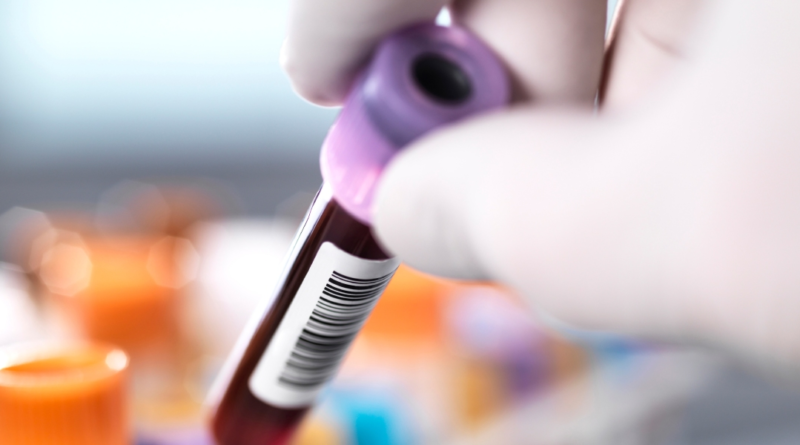Researchers have hope that a new blood test that could detect Alzheimer’s earlier
Researchers at the Institute of Psychiatry, Psychology & Neuroscience at King’s College London have developed a blood-based test that can detect Alzheimer’s disease up to 3.5 years before a clinical diagnosis.
The study, which was published in the journal Brain, found that components in human blood can either promote or slow down the process of neurogenesis, or the body’s ability to generate new brain cells. Neurogenesis takes place in the hippocampus part of the brain, which impacts learning and memory.
“Previous studies have shown that blood from young mice can have a rejuvenating effect on the cognition of older mice by improving hippocampal neurogenesis. This gave us the idea of modeling the process of neurogenesis in a dish using human brain cells and human blood,” says Professor Sandrine Thuret, the study’s lead author, in a press release about the study.
“In our study, we aimed to use this model to understand the process of neurogenesis and to use changes in this process to predict Alzheimer’s disease and found the first evidence in humans that the body’s circulatory system can have an effect on the brain’s ability to form new cells.”
As part of the study, researchers collected blood samples over the course of several years from 56 participants with Mild Cognitive Impairment (MCI), which is “a condition where someone will begin to experience a worsening of their memory or cognitive ability.” Of those 56 participants, 36 would later receive a diagnosis of Alzheimer’s disease.
In treating the brain cells with blood taken from people with MCI, researchers were able to explore “how the cells changed in response to blood as Alzheimer’s disease progressed,” explains Dr. Aleksandra Maruszak, one of the study’s joint first authors.
Researchers found that the blood samples collected from the participants who eventually developed Alzheimer’s experienced a decrease in cell growth and division and an increase in cell death. Previously, researchers were only able to study neurogenesis in the late stages of Alzheimer’s following an autopsy, but this study could allow for a non-invasive blood test to follow the disease’s progress by looking at various biomarkers.
“Our findings are extremely important, potentially allowing us to predict onset of Alzheimer’s early in a non-invasive fashion,” says Dr Edina Silajdžić, the study’s joint first author. “This could complement other blood-based biomarkers that reflect the classical signs of the disease, such as the accumulation of amyloid and tau (the ‘flagship’ proteins of Alzheimer’s disease).”
Learn how to navigate and strengthen trust in your business with The Trust Factor, a weekly newsletter examining what leaders need to succeed. Sign up here.


